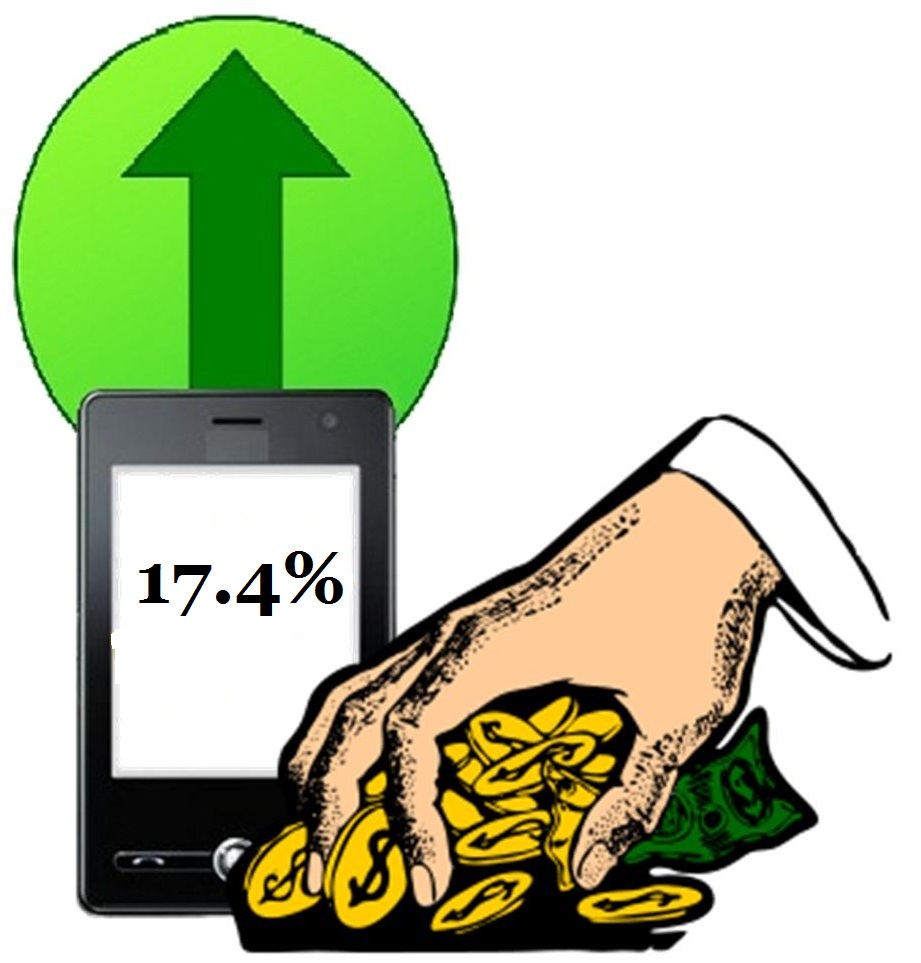Mobile payments could expand due to new partnership
Lotaris, a leading licensing firm catering to mobile application developers, has partnered with PayPal to make mobile payments somewhat easier in terms of software. Together, the two companies will work to expand the reach of mobile commerce into new markets. Lotaris will expand the mobile commerce services it offers through its in-appCommerce platform to more than 80 countries. Currently, the platform is only available for Windows Phone users, but Lotaris plans to support Android and HTML5 platforms in the near future.
Lotaris platform expands into new markets
Mobile payments are beginning to attract a great deal of attention around the world. As such, the demand for comprehensive mobile commerce services is on the rise. Companies like Lotaris are beginning to feel the pressure to adapt to the changing interests of consumers and have begun offering application developers more support in this sector. PayPal already has a strong presence in the mobile commerce field and is expected to provide a significant level of support to Lotaris in its efforts to engage developers and consumers alike.
 Developers could find success through Lotaris platform
Developers could find success through Lotaris platform
Using the in-appCommerce platform, developers are able to monetize their products through multiple channels using a single code base. The platform is designed to be as convenient for developers as possible. Through the platform, developers are able to find exposure for their mobile commerce applications. Thanks to the new partnership between Lotaris and PayPal, this exposure may increase exponentially in the near future.
Security concerns keep consumers leery of mobile payments
While mobile payments are gaining popularity, there are still many people that are wary of the concept of making payments from their mobile devices. This is due to the fact that financial information is very attractive to hackers. Mobile commerce has become one of the most lucrative fields for malicious parties looking to exploit this information and this has discouraged many people from participating in mobile payments.

 It showed that the information gleaned through mobile commerce can, in turn, be applied to personalizing the experience offered by the retailer to encourage the consumer to shop for the first time, and to return once more when similar products are needed.
It showed that the information gleaned through mobile commerce can, in turn, be applied to personalizing the experience offered by the retailer to encourage the consumer to shop for the first time, and to return once more when similar products are needed.